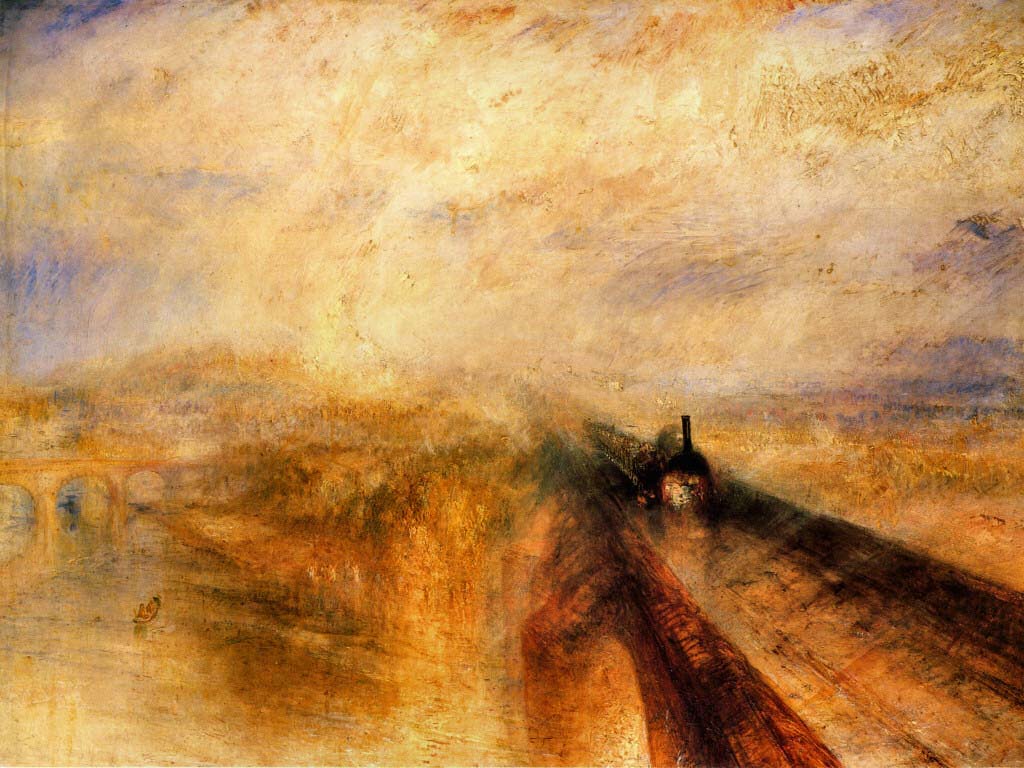This prayer was written for the worship Service I was leading tonight:
Eternal God and Father,
Whose infinite yet intimate love
shared from all eternity between Father and Son,
is the love you have poured into our hearts by the Holy Spirit.
We pray for those whose lives are broken for lack of love:
Children whose safety and health come second to adult demands;
Friendships ended by exploitation and backstabbing;
Marriages shredded by unfaithfulness and broken promises;
Families fractured by social pressures, whether poverty or affluence;
Neighbourhoods where love is thought weakness, and compassion is despised.
We pray for those we’ve only heard of on television,
Whose lives disintegrate under pressures of hate and violence
People who are in different ways, damaged, diminished, defeated,
by the absence of love, the vacuum filled by the power of hate.
The baby thrown from a bridge by an enraged jealous father
The 23 year old man whose reckless driving killed a local pensioner
The 82 year old man jailed for attempted murder in a retirement home
The pensioner kicked to death for refusing to hand over cigarettes
These and so many more, human lives caught in the crossfire of fear and hate,
we hold them before your healing mercy
God of love and hope,
Fill us with compassion for the poor, the hungry, the lonely
Like Jesus gives us eyes to see Zacchaeus hiding in shame;
Courage to ask the name of violent terrified Legion,
and to stand between the sinner and those holding the stones;
Compassion to touch with tender risk those who like the leper are feared and excluded,
and to see the attentive care of the Samaritan, and go do likewise –
Generosity to open our arms in welcome like the prodigal father,
and to bring our loaves and fishes to be belssed for blessing of others.
We dare to pray to be perfect, as our Heavenly Father is perfect,
whose sunlight love gives life to all within its radiance,
whose rain of mercy falls with life giving refreshment,
who reaches out with a love that warms and waters,
embraces, holds and heals, broken worlds and broken hearts alike,
and all this in Jesus name and in the power of your Holy Spirit, Amen





